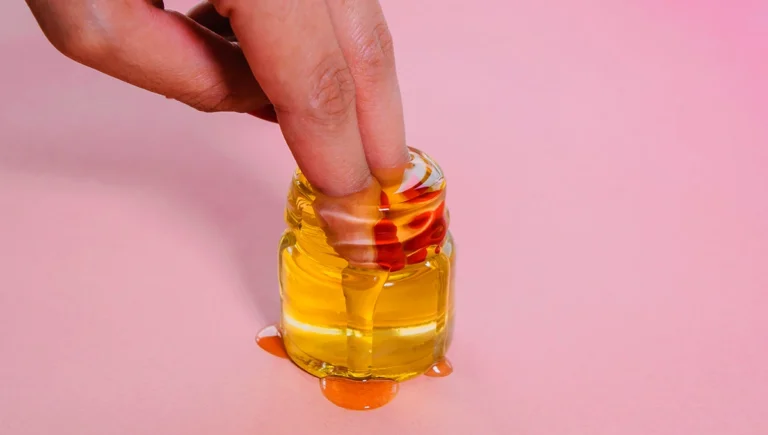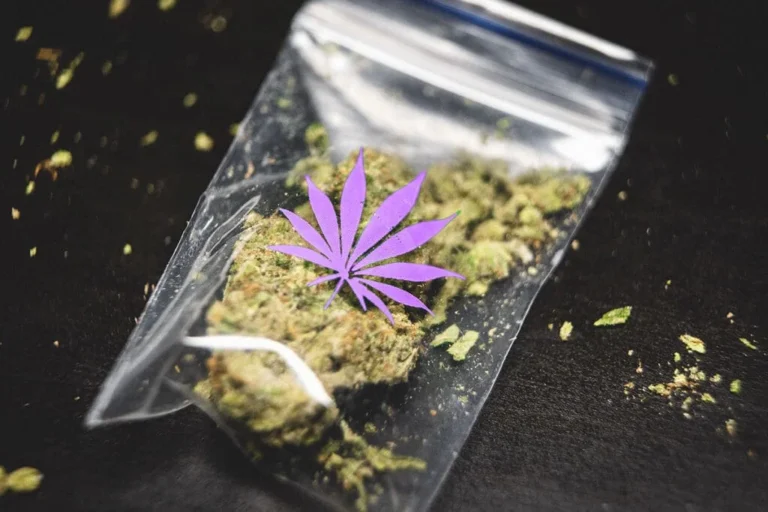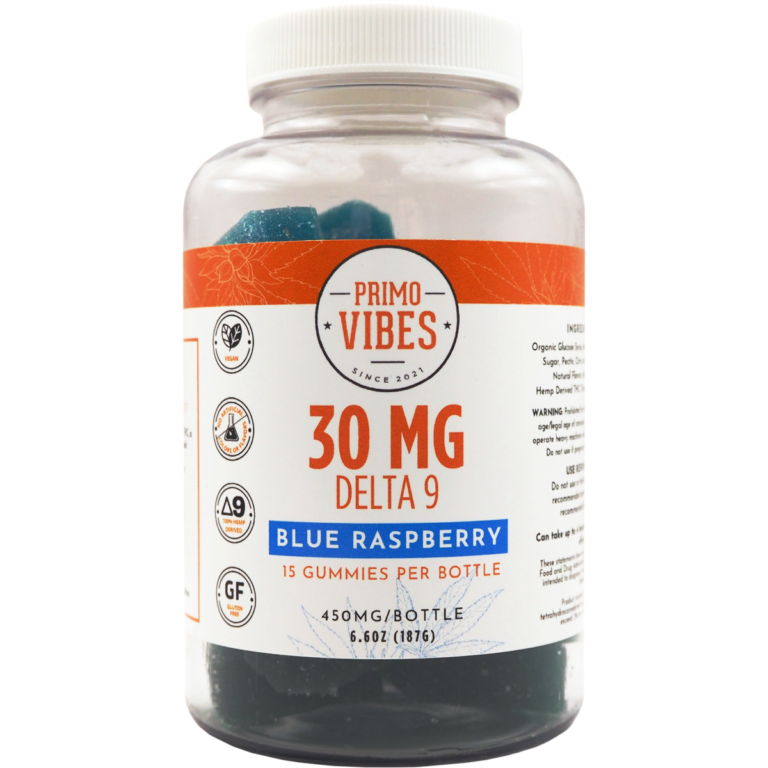Delta 9 Tolerance
In the ever-evolving world of cannabis, the concept of “tolerance” often comes into play, particularly when discussing “delta 9 tolerance.” This term refers to the body’s adjustment to delta-9-tetrahydrocannabinol (Delta 9 THC), the main psychoactive compound in cannabis. With regular use over time, individuals may notice they need higher doses to experience the same effects, a process that can be both intriguing and frustrating. Gaining a deeper understanding of delta 9 tolerance, how to manage it, and how it compares to tolerance for other cannabinoids like Delta 8 THC can improve your overall cannabis experience.
Delta 9 THC works by interacting with the endocannabinoid system, specifically targeting CB1 receptors in the brain and nervous system. This interaction is responsible for the euphoric high associated with cannabis use. However, with continuous exposure to Delta 9 THC, CB1 receptors can become less responsive or downregulated, meaning they react less effectively to the cannabinoid. This desensitization is the core of delta 9 tolerance.
As tolerance increases, users may need to consume larger amounts of Delta 9 THC to feel the same effects, which can lead to higher costs, potential side effects, and a less enjoyable experience. One popular approach to counter this is taking a delta 9 tolerance break. A tolerance break, or “T-break,” involves pausing cannabis use for a period of time, allowing the CB1 receptors to reset and regain sensitivity to THC. The length of a tolerance break can vary based on individual consumption patterns and tolerance levels, typically lasting from a few days to several weeks.
During a tolerance break, the body starts to reverse the desensitization of CB1 receptors. Studies indicate that even a brief pause in consumption can dramatically lower tolerance levels, allowing users to feel the effects of Delta 9 THC more strongly when they resume. During this time, many individuals experiment with other cannabinoids like CBD, which interacts with the endocannabinoid system differently and doesn’t contribute to Delta 9 tolerance.
A common question that comes up is whether Delta 8 and Delta 9 tolerances differ. Delta 8 THC, a close relative of Delta 9, also engages with the endocannabinoid system but tends to offer milder psychoactive effects overall.

Both Delta 8 and Delta 9 THC can lead to tolerance, though some anecdotal evidence suggests that tolerance to Delta 8 THC may develop at a different rate or require different amounts compared to Delta 9. However, more scientific research is needed to draw clear conclusions in this area.
Effectively managing Delta 9 THC tolerance requires a multi-faceted approach. In addition to taking tolerance breaks, users can adjust how and how often they consume. Alternating between cannabinoids like Delta 8 THC and CBD may help slow down the buildup of tolerance. Being mindful of dosage and personal limits is also essential. Reducing intake or limiting consumption to occasional use instead of daily can help prevent rapid tolerance increases.
It’s important to recognize that each body responds to Delta 9 THC differently. Factors like metabolism, genetics, and overall health influence how quickly tolerance develops. Staying informed about the latest research and paying attention to personal experiences can help guide more effective and personalized tolerance management.
Delta 9 tolerance is a natural response to regular THC use, and while it can be frustrating—especially for those seeking cannabis’s therapeutic effects—there are ways to manage and reset tolerance levels. Strategies include taking breaks from Delta 9, exploring other cannabinoids, and maintaining mindful consumption habits. As cannabinoid research progresses, new methods for managing tolerance and optimizing the cannabis experience will continue to emerge. By staying adaptable and informed, users can successfully manage Delta 9 tolerance and maintain a positive relationship with the plant.






